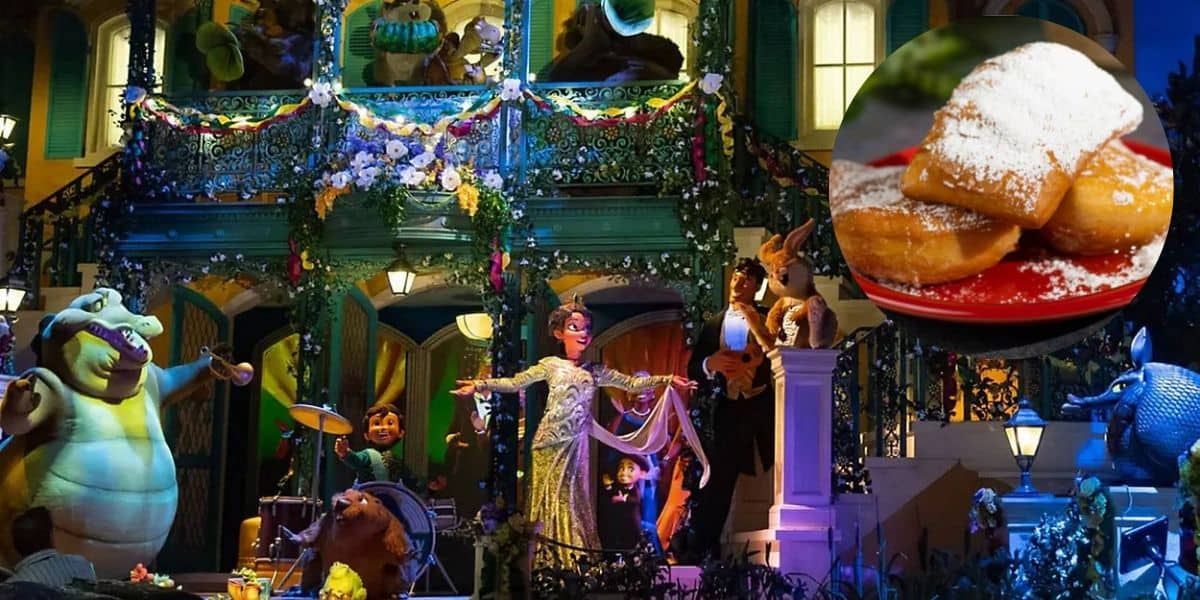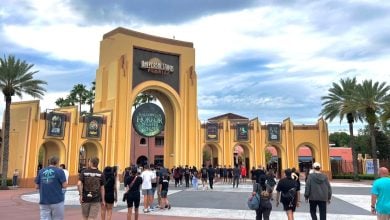Former Disney Artist Accused of Tracing and Selling Copied Designs
In the past two years, Disney has found remarkable success in a place many fans didn’t expect: the world of trading card games. When Disney partnered with Ravensburger to release Disney Lorcana, it quickly became one of the most sought-after collectibles in the Disney community.
Players step into the roles of Illumineers, harness enchanted ink, and summon reflections of Disney characters — known as Glimmers — while exploring the expansive Inklands.

Related: Disney Cruise Guests Can Now Join an Official Lorcana Quest at Sea
The lore behind Lorcana has grown just as fast as its player base. Inside the game’s universe, the magical Illuminary safeguards every story ever told, while players must embark on quests to protect it. Themed expansions, rare cards, and even in-park quests at Disneyland Resort’s Disney California Adventure have only fueled its rise.
Collectors scramble to buy packs as soon as they’re released, and some cards now fetch thousands of dollars on resale markets. In only two years, Lorcana has transformed into a cultural phenomenon with a dedicated, passionate following.
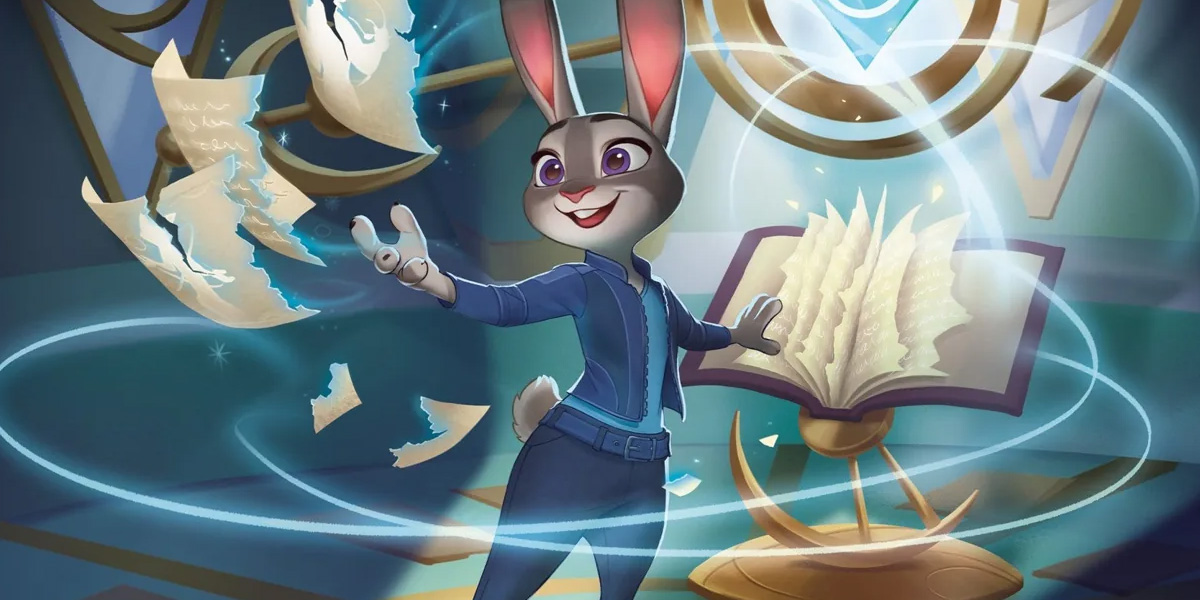
Related: Disney Lorcana Celebrates 2 Years With New Merch, Cards, and Puzzles
Naturally, the people behind the artwork for Lorcana became something of celebrities themselves. Artists gained recognition for their contributions, with fans often praising their designs as much as the gameplay. However, the community was thrown into turmoil when allegations surfaced against one of those artists.
What began as murmurs on social media quickly snowballed into a firestorm involving accusations of artificial intelligence, art theft, and even traced work being sold under false pretenses.
The initial spark came when X (formerly Twitter) user @Toon-Emu publicly accused Disney Lorcana artist James C. Mulligan of deceptive practices during an Anime convention in New York City.
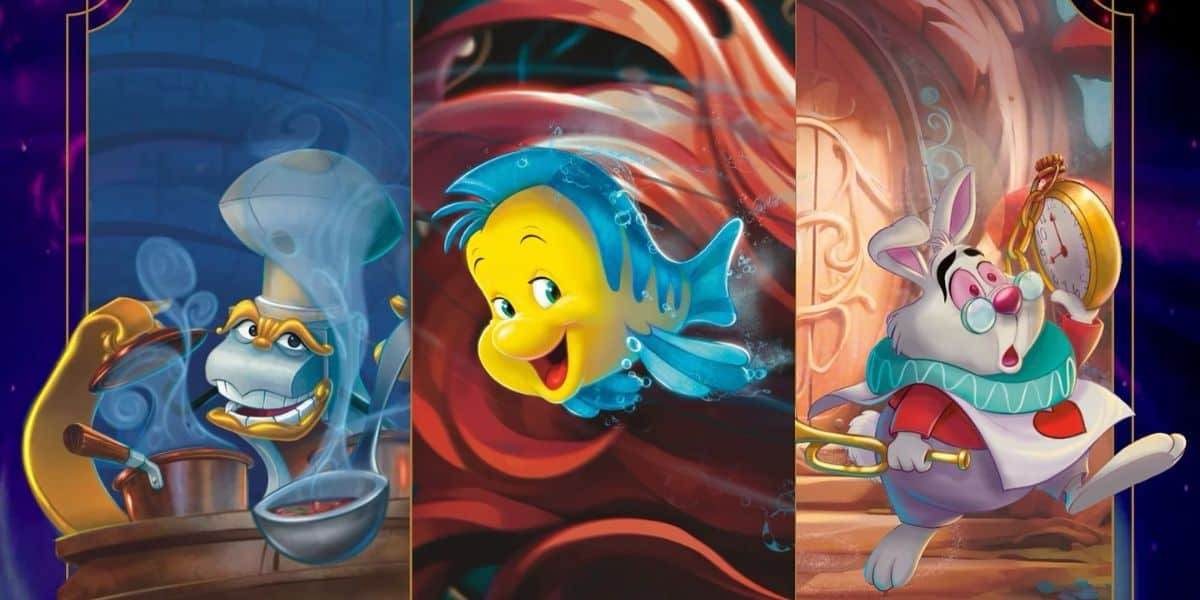
According to their post, Mulligan was using artificial intelligence to create portions of his Disney-inspired artwork but was presenting it to buyers as entirely original. He was then allegedly selling those pieces for hundreds of dollars. The viral accusation suggested fans were being misled, and many began demanding accountability.
Disney Lorcana quickly found itself at the center of the controversy. In the comments that followed the viral post, one person claiming ties to the game stated that the company has a zero-tolerance policy for the use of any AI-generated images. They further explained that the complaint would be brought directly to the game’s creative directors.
Before long, multiple outlets reported that Mulligan had been fired, though official confirmation from Disney or Ravensburger never surfaced.
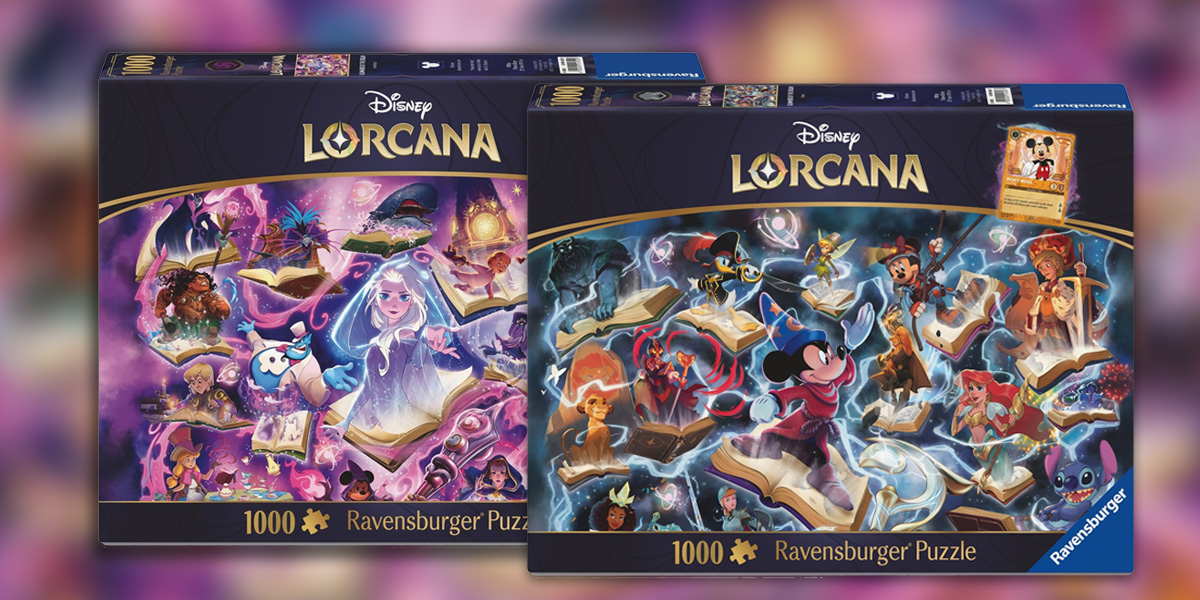
Related: Disney Lorcana Championship: The Stunning Upset That Led to Victory
In response, Mulligan himself took to Facebook with a lengthy post denying the claims. He insisted that he never used artificial intelligence to create his Lorcana artwork, nor had he been fired. He added that he would like to share more details but could not do so without express written consent. His denial did little to stop speculation, however, and attention on the controversy only grew.
Mr. Mulligan contributed to three Lorcana cards: Flounder: Collector’s Companion, White Rabbit: Royal Herald, and Transformed Chef: Castle Stove.
Despite his limited contributions, he leveraged his Disney art background to gain a sizable social media following, giving him a higher profile in the community than many of his peers.
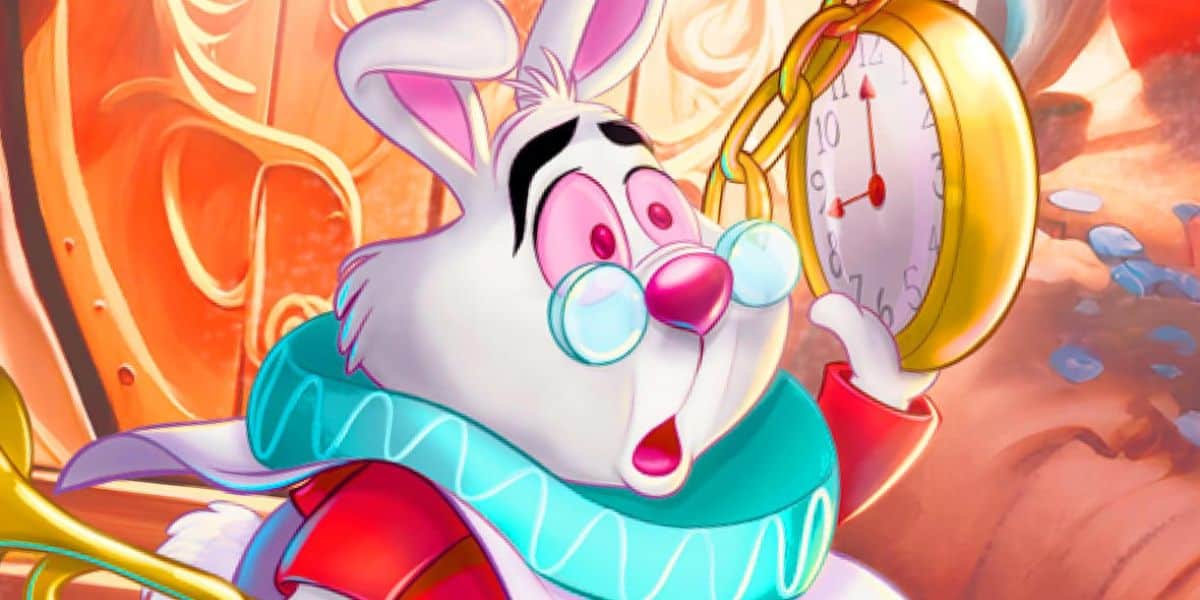
It has also been alleged that Mulligan’s questionable practices extended beyond the accusations of AI use. Claims have been made that it had been discovered that Mr. Mulligan traced work from Disney artist Jeff Merghart, passing it off as his own and selling it at events across the country. If true, the allegations paint a much larger pattern of misconduct than what initially came to light.
The community’s reaction has been swift and mixed. Many were saddened, expressing that Mulligan was clearly talented enough not to resort to such tactics. Others were angry at the idea that fans could have unknowingly purchased traced or AI-enhanced art, believing it to be original.
While the controversy continues, the facts remain unsettled. Disney and Ravensburger have not confirmed or denied whether Mulligan has been dismissed, nor have they addressed whether the artist’s contributions will remain in circulation.
Adding to the controversy, it’s important to note that Disney Lorcana strictly prohibits artists from using the Disney or Disney Lorcana logos in any unauthorized way. For official events—such as Lorcana Challenges—Disney creates custom signage and invites guest artists to sign exclusive prints and cards.
However, Mulligan reportedly violated these guidelines by designing and displaying his own banners featuring both the Disney and Lorcana logos at various fan events. Notably, he allegedly removed the copyright symbol from these materials—further blurring the line between official and unofficial merchandise.
Neither side has offered definitive proof to settle the issue. Until then, the allegations against James C. Mulligan hang over both the artist and the community that embraced his work.
What do you think about the ongoing controversy surrounding this Disney Lorcana artist? Do you think artists should never be allowed to use AI to enhance their images, or do you think it is something that was bound to happen? How do you think Disney should handle artists who use AI? Let us know your thoughts in the comments.


